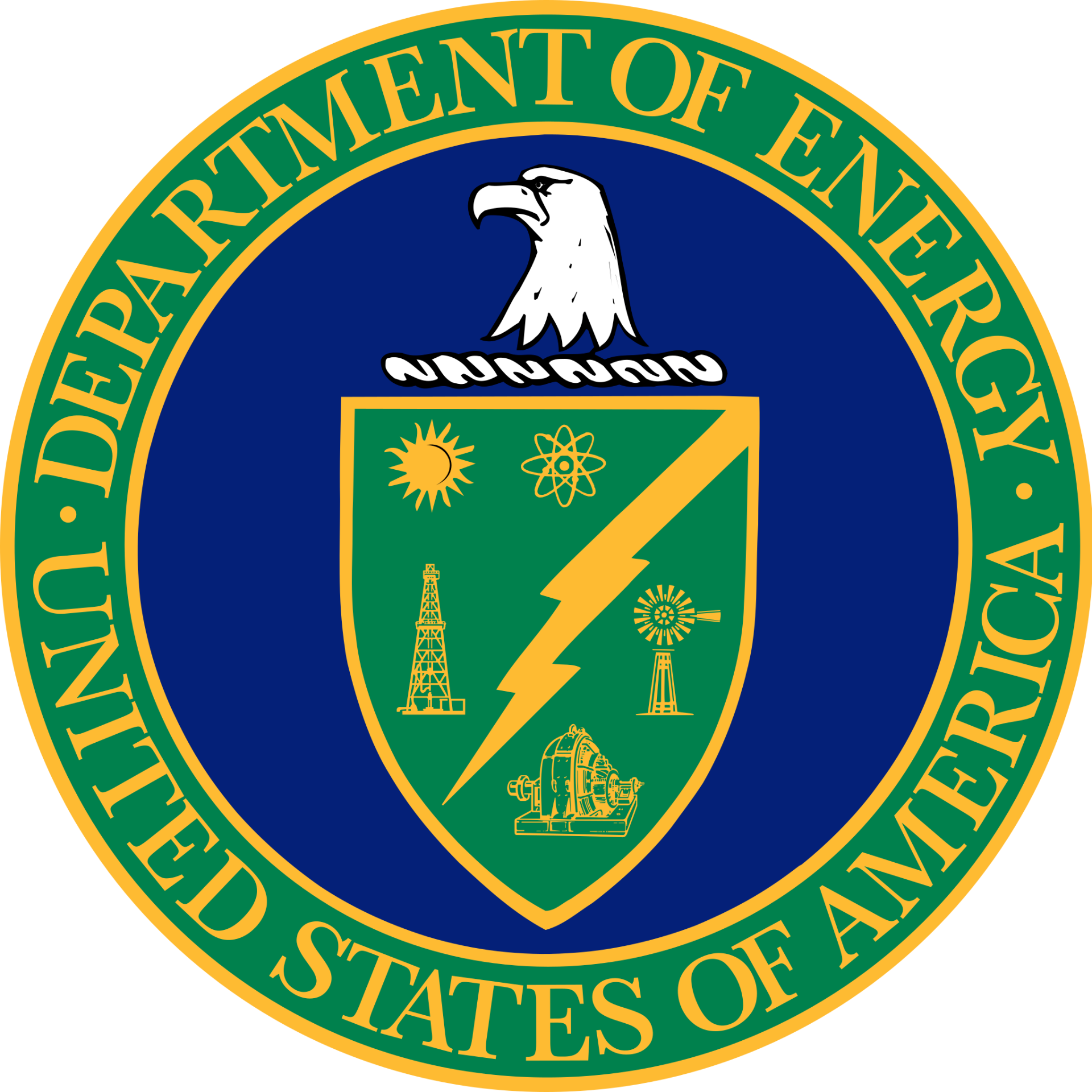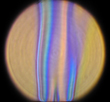| |
 |
Research
Activities
|
|
The
Lasers, Flames, and Aerosols (LFA) research group studies energy and transport problems that
include nearly any intersection of the three aspects in the LFA name.
Microgravity flames under the influence of electric
fields, sprays, laser measurements of soot aerosol
formation and dynamics, water laden fuel combustion, flue gas and clean energy mitigation, methane hydrates flames, and hot air balloon burner performance, are just a few recent examples.
|
|
 |
Research Approach
|
|
Simplified
systems are developed that mimic a specific behavior of interest from a
more complex
practical. Thedominant physical process in the realistic system are
extracted from the fundamental understanding obtained from advanced
diagnostics and analysis applies to the laboratory scale experiments.
Examples include coflow/counterflow burners for nonpremixed flame
study, cleaner fuel generation system for gas turbine/power plants, droplet and mist environemnt, and high
pressure chamber. In many cases, numerical
simulations are developed in conjunction with the experiments to
provide insight into influencing factors.
Our motivation
is always an improved understanding of a practical systems, diagnostic
tool implementations needed to meet these goals are concurrently being
evaluated to prove flexibility and accuracy in non-ideal settings.
|
|
 |
Optical Diagnostics
|
|
FS-Holography, LDV,
PIV,
PCSV, PLIF, CARS, absorption, chemiluminescence, interferometry, thin
fliament and soot pyrometry, schlerien, high speed videography,
shadowgraphy, particle light scattering, holography, and ballistic
imaging.
|
|
|

 Oct 2024 — LFA initiated project selected by Department of Energy (DOE) for partnerships of Minority Serving Institution (MSI).
Oct 2024 — LFA initiated project selected by Department of Energy (DOE) for partnerships of Minority Serving Institution (MSI).
 Oct 2023 — LFA initiated a new project selected by National Institute of Standards and Technology (NIST) using the UCI W.M. Keck DPOSL facilities for hydrate experiments.
Oct 2023 — LFA initiated a new project selected by National Institute of Standards and Technology (NIST) using the UCI W.M. Keck DPOSL facilities for hydrate experiments.

 National Aeronautics and Space Administration (NASA) PSI selects E-FIELD Flames for providing new insights of the µg experiment data.
National Aeronautics and Space Administration (NASA) PSI selects E-FIELD Flames for providing new insights of the µg experiment data.







